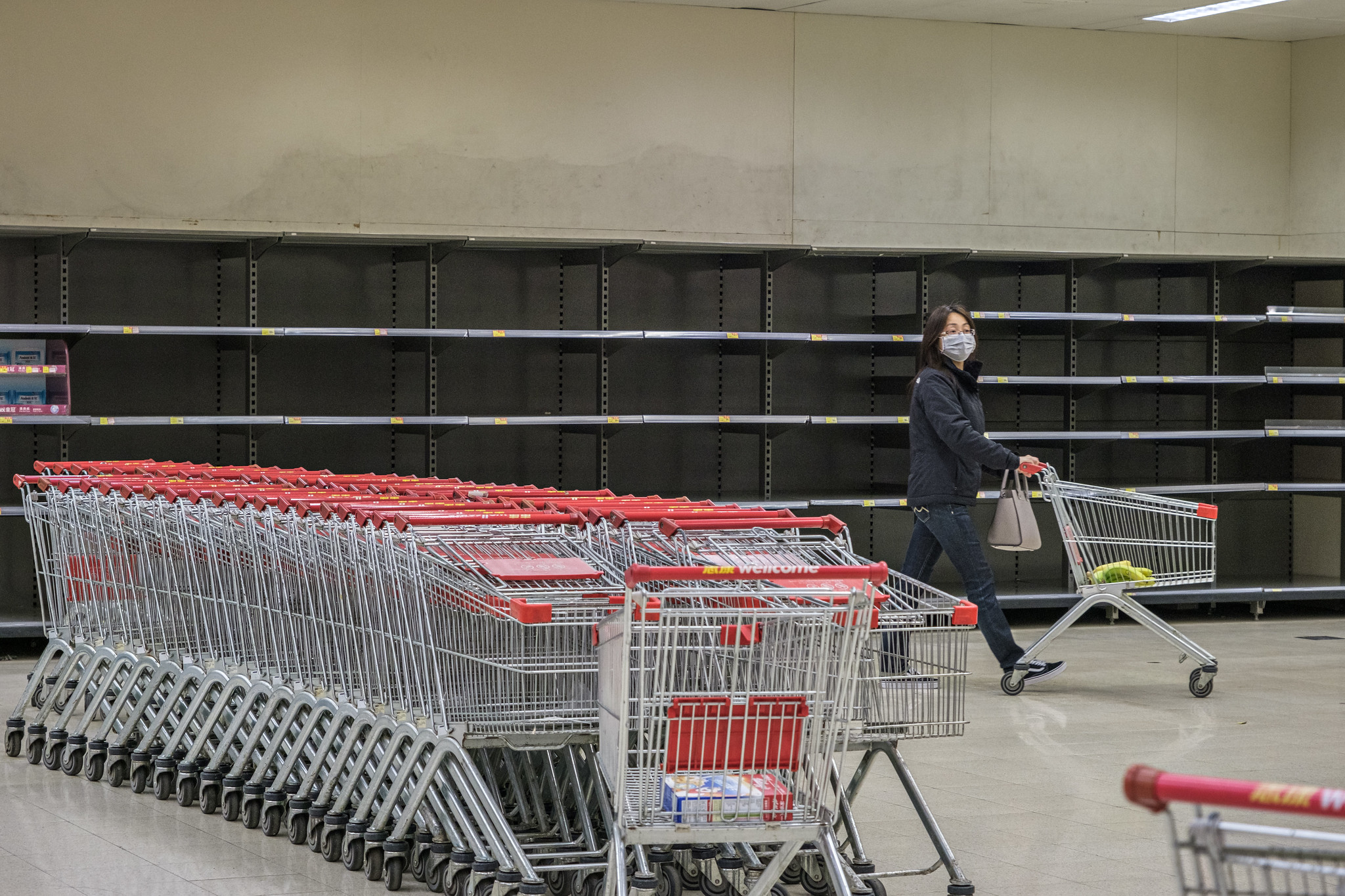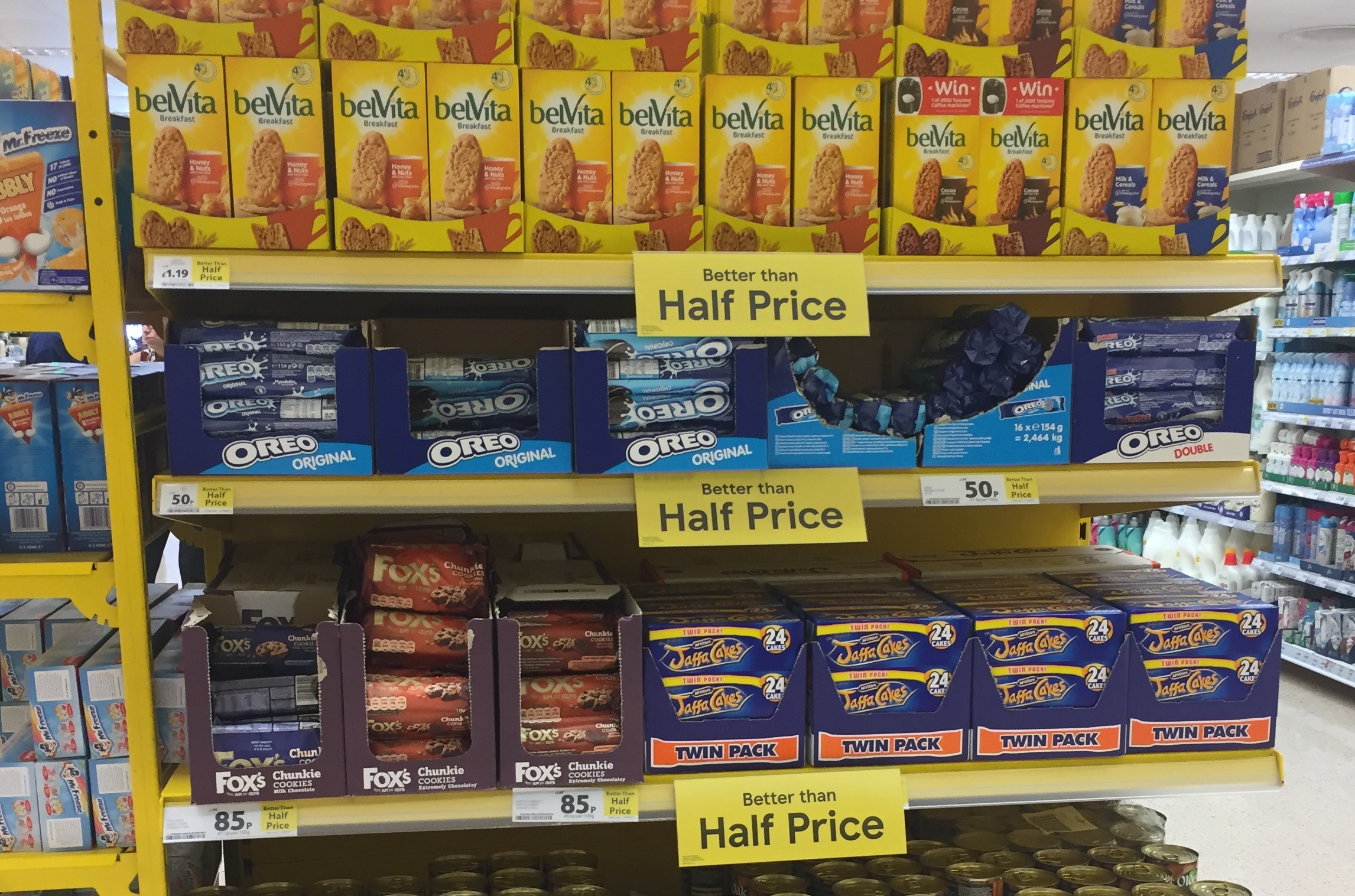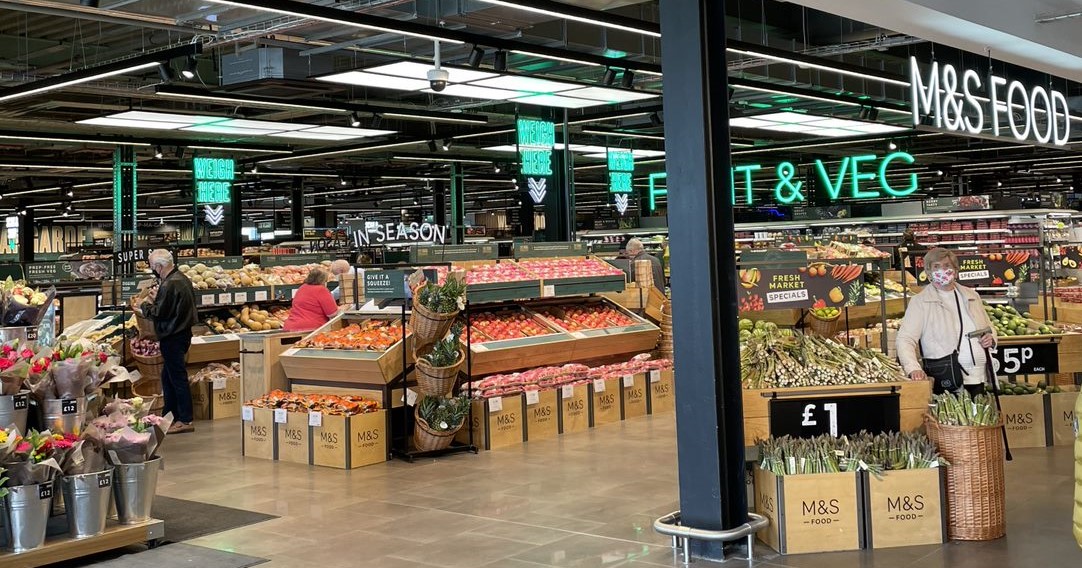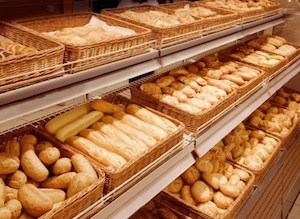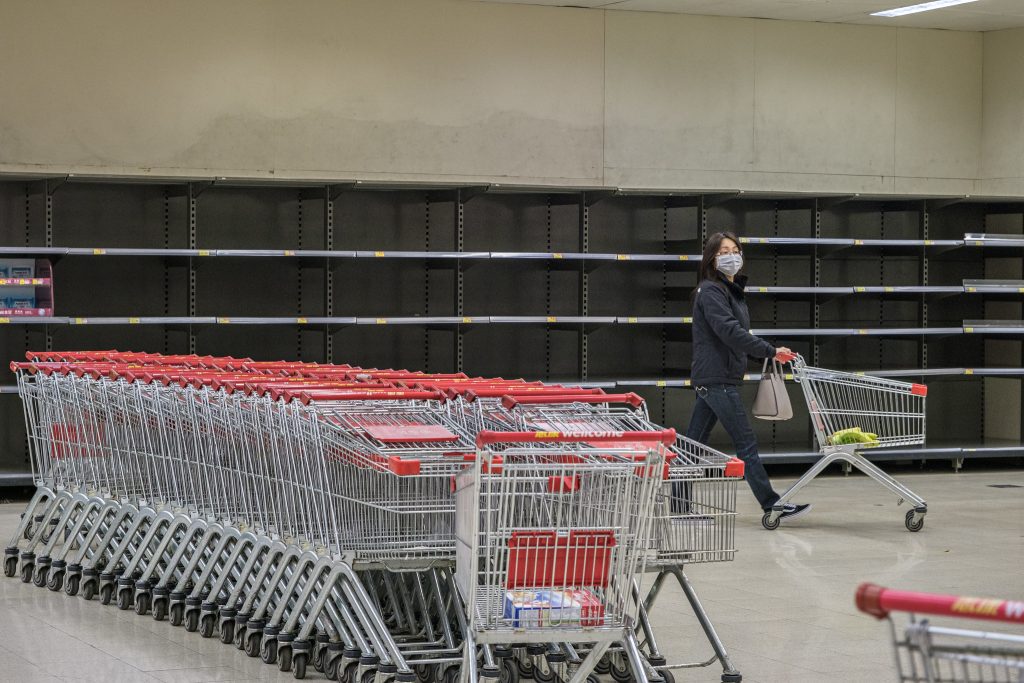 The recent outbreak of Coronavirus is changing how people shop. Crazy queues outside hypermarkets and empty shelves stripped bare of toilet paper and pasta. A ten-day wait to get an online order delivered. Yes – things have definitely changed in the short-term. But how about in the longer term? One day things will ‘get back to normal’ – but for shopping and retail, what will that new normal look like? Coronavirus will change shopping, but how? And what does that mean for our stores and our brands? And most importantly, what should we do about it (hint the key is understanding shoppers!)?
The recent outbreak of Coronavirus is changing how people shop. Crazy queues outside hypermarkets and empty shelves stripped bare of toilet paper and pasta. A ten-day wait to get an online order delivered. Yes – things have definitely changed in the short-term. But how about in the longer term? One day things will ‘get back to normal’ – but for shopping and retail, what will that new normal look like? Coronavirus will change shopping, but how? And what does that mean for our stores and our brands? And most importantly, what should we do about it (hint the key is understanding shoppers!)?
Clearly it is difficult to say exactly how Coronavirus will change shopping. How we behave now will certainly not reflect how we behave in the future. But history teaches us that severe challenges do create long term effects, albeit at a lower level than during the crisis. So in the same way that working from home may become more common after Coronavirus it is logical to infer that perhaps some of our shopping behavior will have changed too.
Coronavirus will change shopping – but how?
One thing we can see is that, as many of us have known for a long time, that shopper behavior is often as much emotional as it is rational. Decision making hierarchies disappear out of the window when fear of starvation is in our minds! So we need to be careful about building models and predictions out of what is happening now. Are hypermarkets and superstores likely to see a resurgence as people rediscover the joys of big box retail? Will grocery e-commerce reach a tipping point as more people choose to stay in the relative safety of their home? Will shoppers choose smaller stores to avoid crowds and will this accelerate the trend towards shopping in smaller stores? Will brand loyalty take a hit as people are forced to buy whatever is on the shelf, and find that the private label from Aldi tastes just as good as the pricey brand offer? Let’s take a look at each of the ways that Coronavirus might change shopping, and take a stab at what might come next?
Will online grocery stay reach a tipping point?
Of all the ways that Coronavirus will change shopping, this feels like the most likely short-term behavior to stick, with a couple of caveats. Clearly many shoppers will be tempted (and some may have little choice) to try ordering their groceries online. As I write, it will take ten days for UK online specialist Ocado to deliver my grocery order, so clearly loads of people are piling into the online game. How many of these are new to the channel is as yet unclear, but the scale of the backlog suggests that many new online shoppers are giving it a go.
The caveats? The first will be whether the service delivers. Shoppers won’t be experiencing online grocery shopping at its best. The delays are one thing. There are also likely to be lots of substitutions as product availability will be poor. So many shoppers may actually be turned off by their online shopping experience.
The second caveat requires an understanding of why shoppers don’t use online in the first place. There are lots of reasons why shoppers are reluctant to try online grocery, but recent research in the US suggested that price and availability of the service were the biggest barriers. Unless these barriers are removed then many shoppers will still be unable or unwilling to buy their groceries online.
The verdict will primarily depend on the overall service. If retailers can do a great job of selecting fresh vegetables and managing out-of-stocks and substitutions, it is likely that much of the gains made by online grocery shopping may be maintained in the longer term.
Will hypermarkets and superstores have a renaissance?
After a number of years where ‘big shop’ has been threatened by shoppers preferring smaller shops: with discounters, convenience stores and e-commerce chipping away at hypermarket shares – shoppers have returned to the big box in their hordes. Around the world, including Asia, Europe and the US, big stores are finding themselves mobbed by shoppers desperate to stock up. So will these shoppers fall back in love with the hypermarket experience? Will this shopping behavior continue once the crisis has passed?
My guess is that this is unlikely. Why? Because not enough has changed. The shopping experience in a hypermarket store hasn’t changed markedly in the last few years (there are many notable exceptions, but as I travel around the world? Not so much). The negatives of the big box store still exist. It takes too long to shop, shoppers don’t want to queue, and get frustrated by not being able to find their brand. And arguably, right now, those negative factors are likely to be much worse! Queues are long, stress is high, and out of stocks are rife. I really can’t see shoppers falling back in love with the big box store as it is.
Will small stores continue to thrive?
Around the world small stores have been growing. Discounters in the UK. Minimarts in Indonesia. Convenience stores in Thailand. Wherever you go smaller stores are doing well. In this crisis however big shops are becoming the norm. Even in markets such as China, where many shoppers used to shop on a daily basis, bulk shopping is taking over. But while people are doing crazy big shops at the moment, it is unlikely to last. I see plenty of anecdotal evidence of shoppers choosing smaller stores because they want to avoid crowds, and many wanting to ‘stay local’. We may see more of a resurgence of local stores as even more people discover the pleasures of shopping local.
Coronavirus will change shopping – how will it affect the categories we buy?
Shoppers are also buying different categories. And while one assumes that toilet paper sales will drop back down to normal levels, how about others? Will people rediscover the joys of canned goods or frozen foods for example? Possibly. Where longer life foods deliver a meaningful experience versus fresh, then those categories may do well. Certainly this is a great opportunity for manufacturers such as Birds Eye to generate free trial at the very least.
Coronavirus will change shopping – how will it affect brands?
Beyond the retail changes, the next biggest change is to brand loyalty. Being loyal to a brand is all very well, but when it is completely out of stock, and other brands are running out, shoppers will be almost forced to try your competition. Coronavirus will inevitably drive trial of your competitors at levels that you might not have planned for. Weak brands will suffer, strong brands will have their loyalty reinforced. In reality some shoppers will leave, some will stay. The question is how many will you gain, how many will you lose, and how many will you retain? And much more importantly – what are you going to do about it?
At the heart of all of this is shoppers. Understanding shoppers and their behavior. Being able to use that understanding to create insights and strategies that will make your brand stronger than before and mean that you finish the year stronger than you started.
All of that is possible. Coronavirus will change shopping. It is also changing how we work. While many of us are on lockdown or working from home, banned from meetings or training events, there are things you can do. You can build shopper insights on your own. You can learn how to build actionable shopper insights, from distance, without having to travel or attend a workshop. And we’ve found a way to combine the two. If you’d like to learn how to create actionable shopper insights and build new actionable plans for your brand AT THE SAME TIME, get in touch now. We have a track record of delivering this time and again, so get in touch now – and I’ll send you details immediately.
